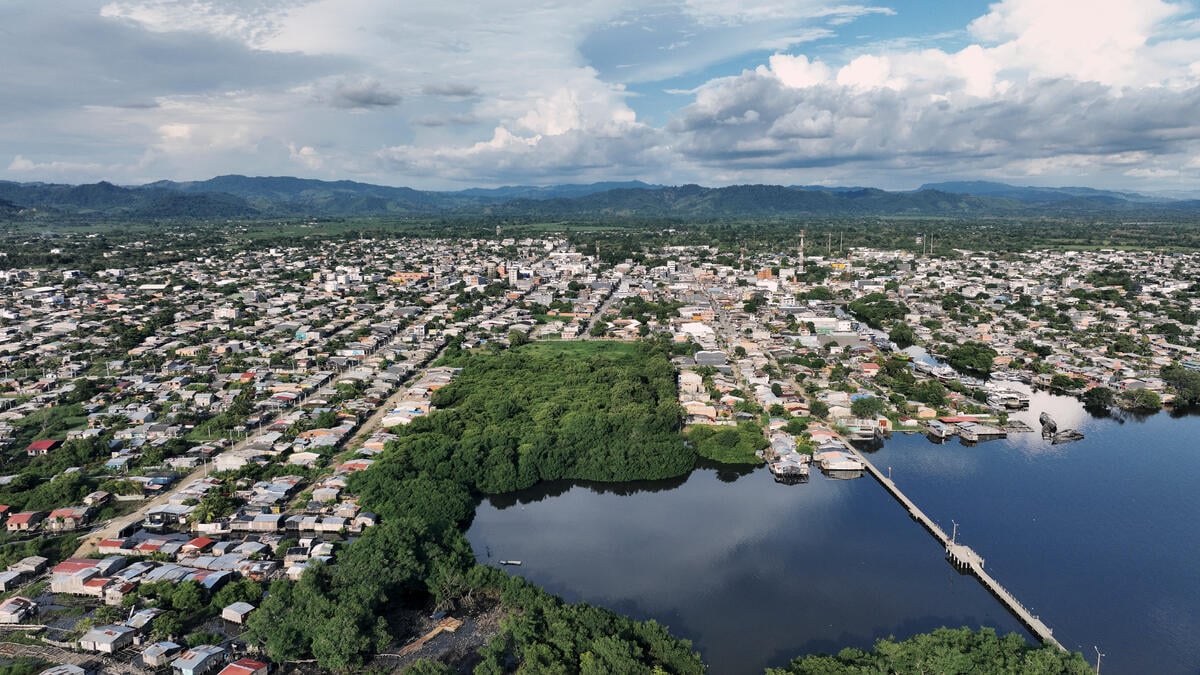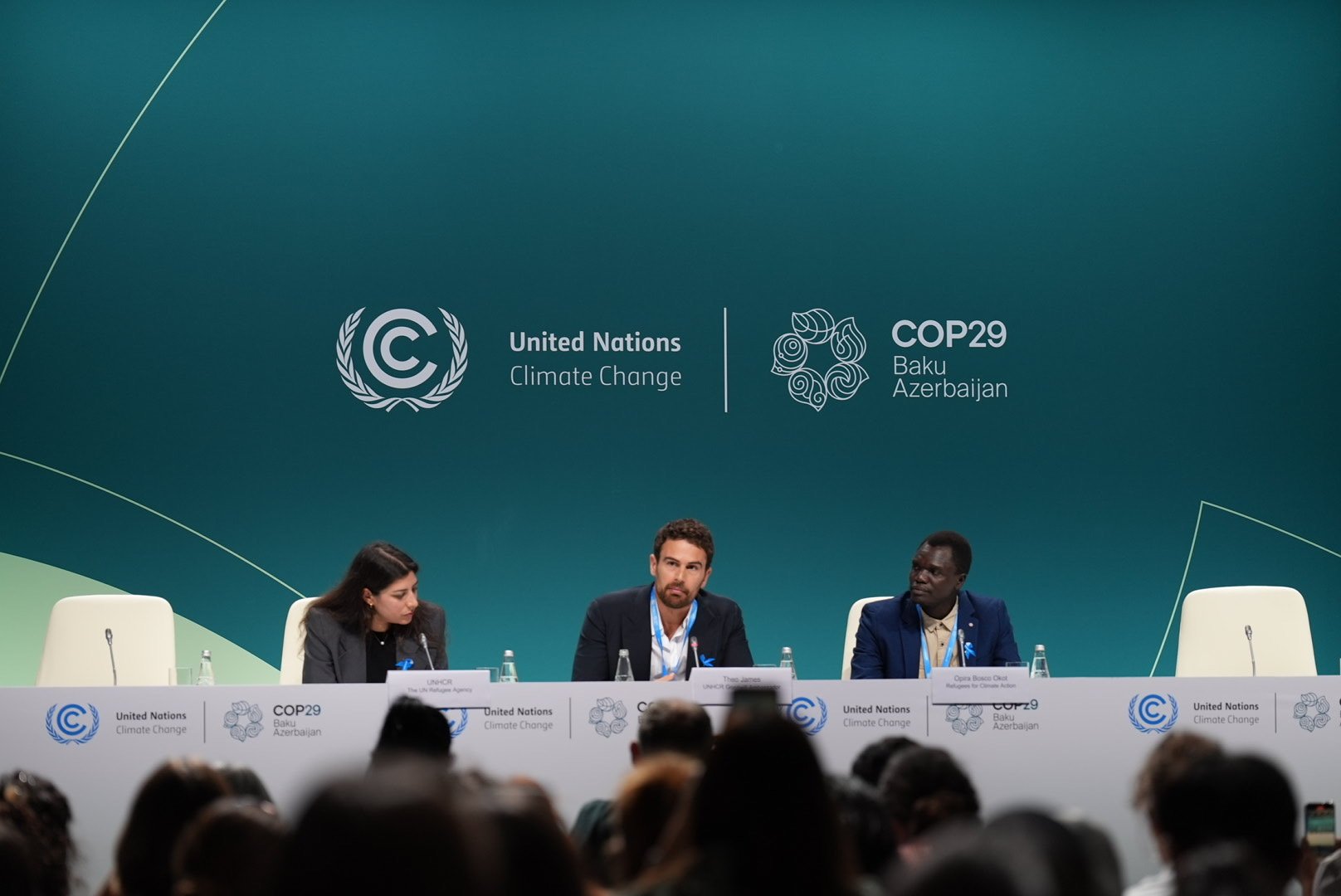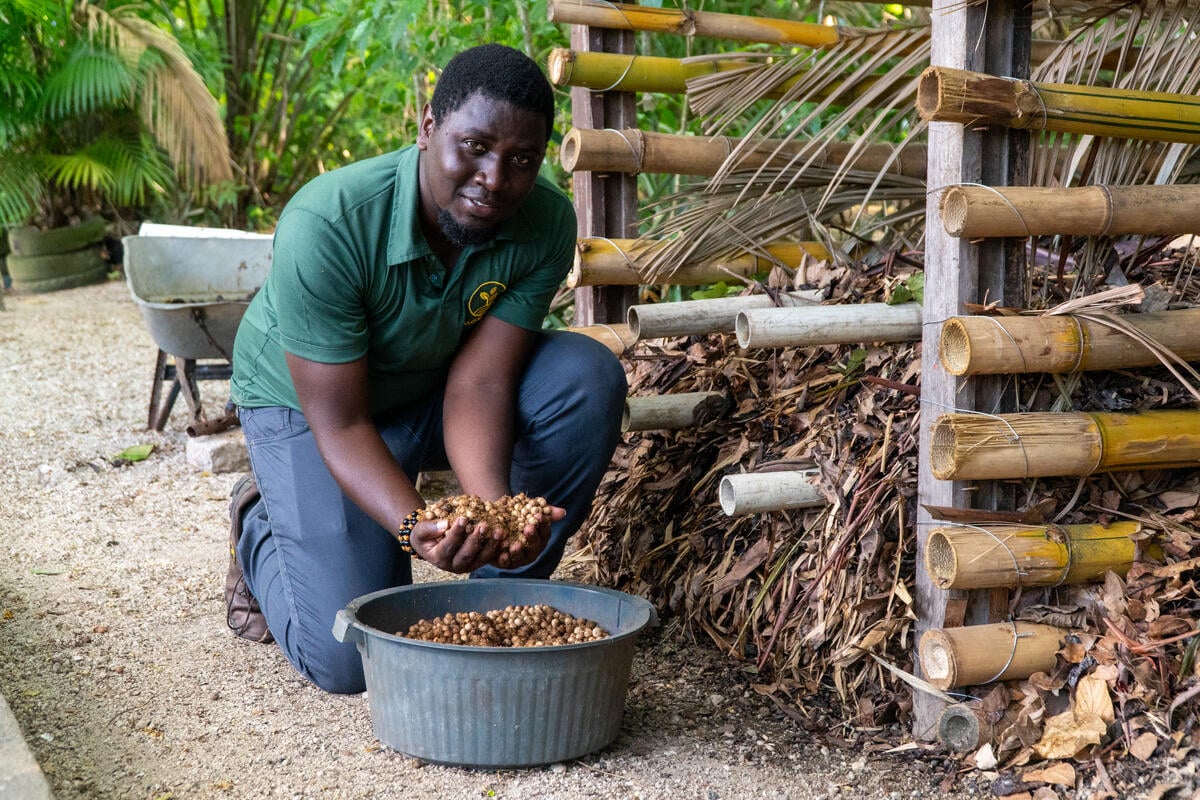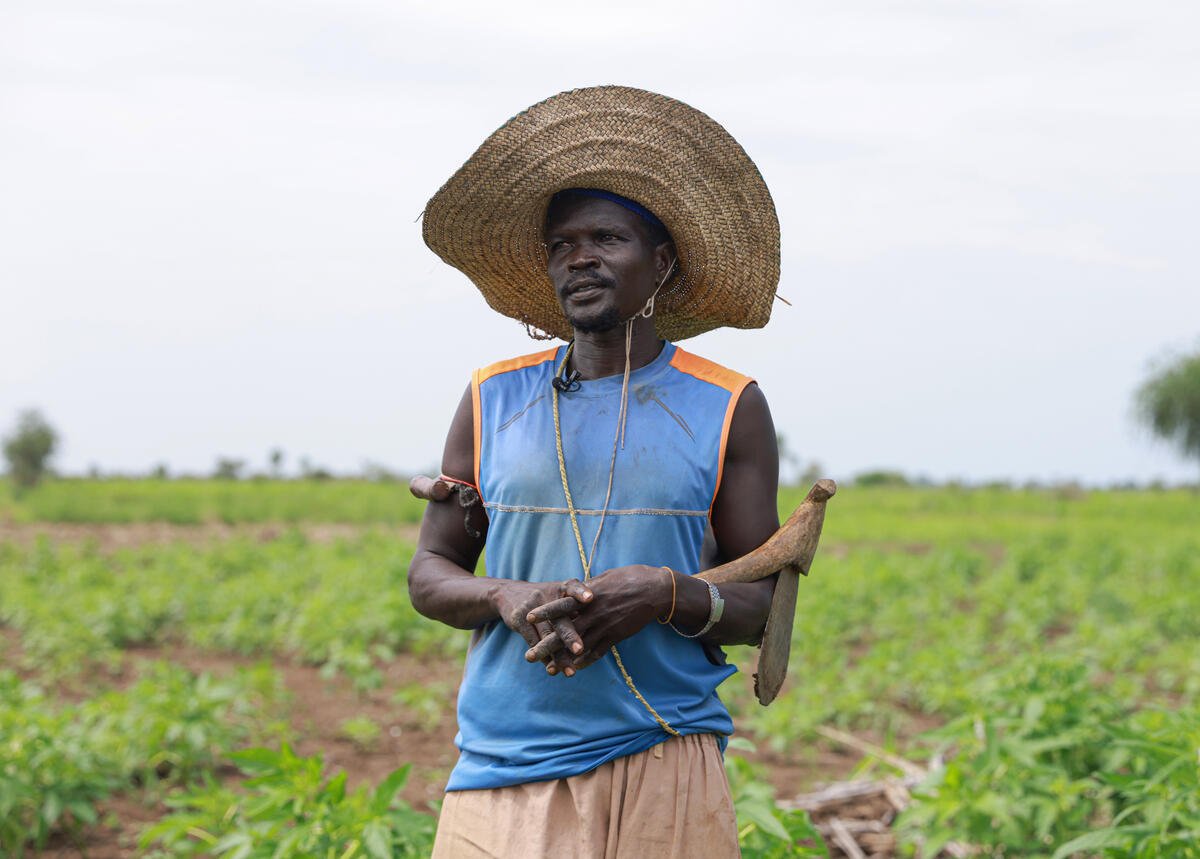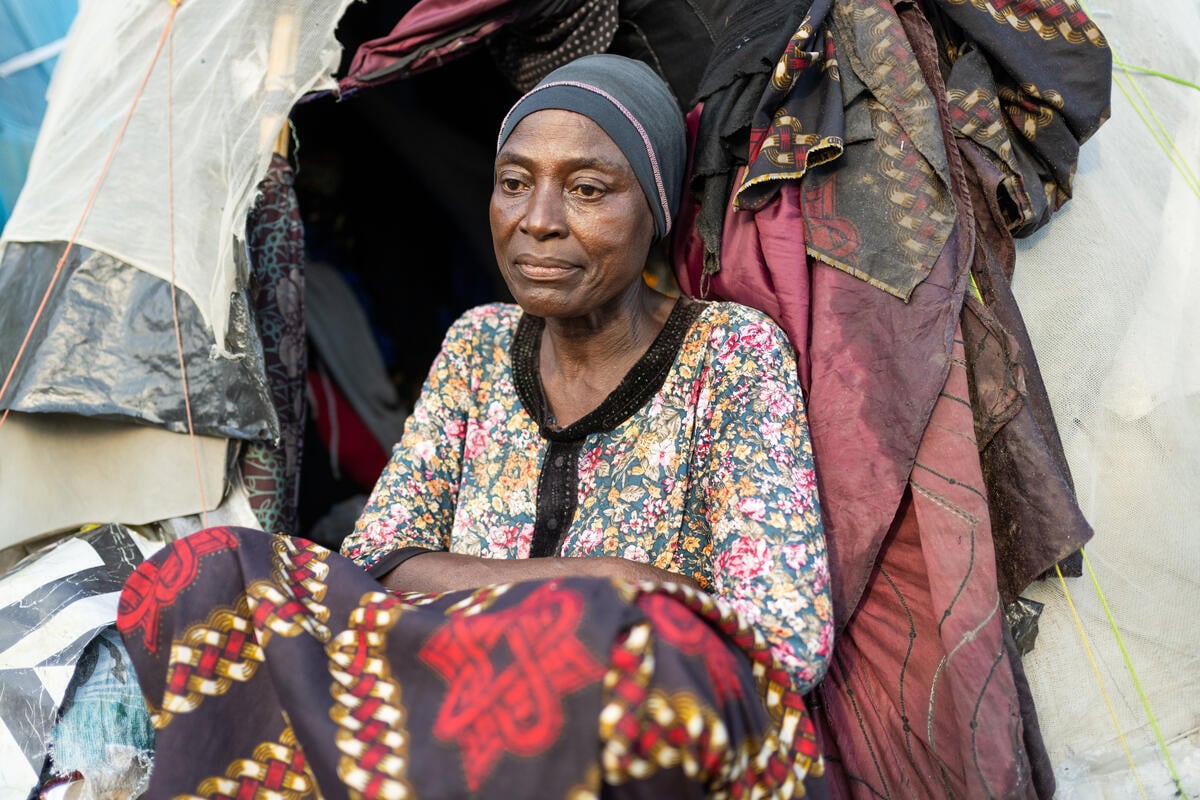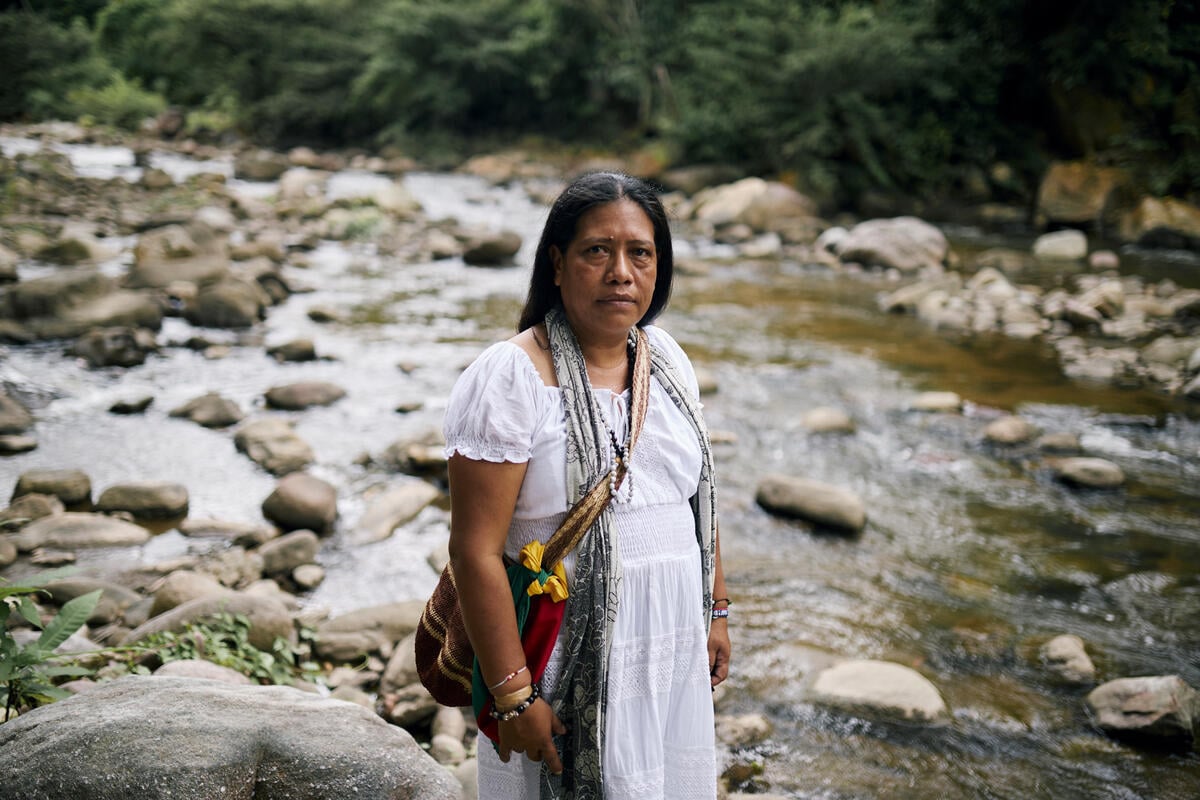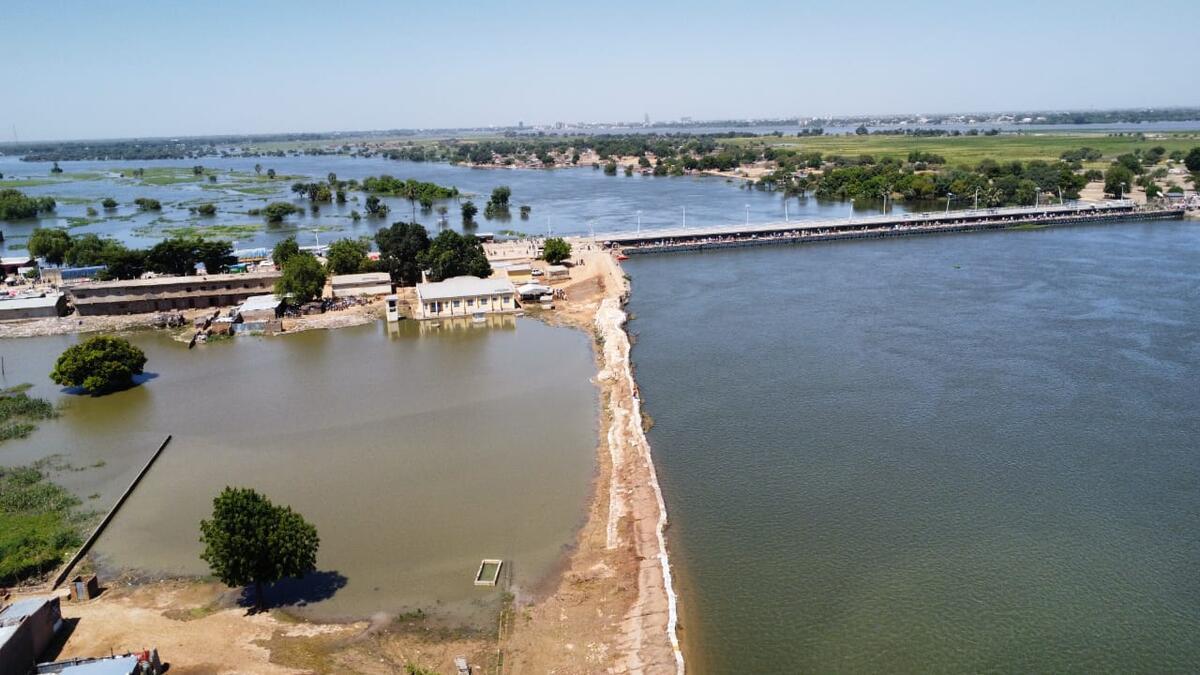UNHCR breaks ground on first financial guarantee-backed solar power projects in refugee settings
UNHCR breaks ground on first financial guarantee-backed solar power projects in refugee settings
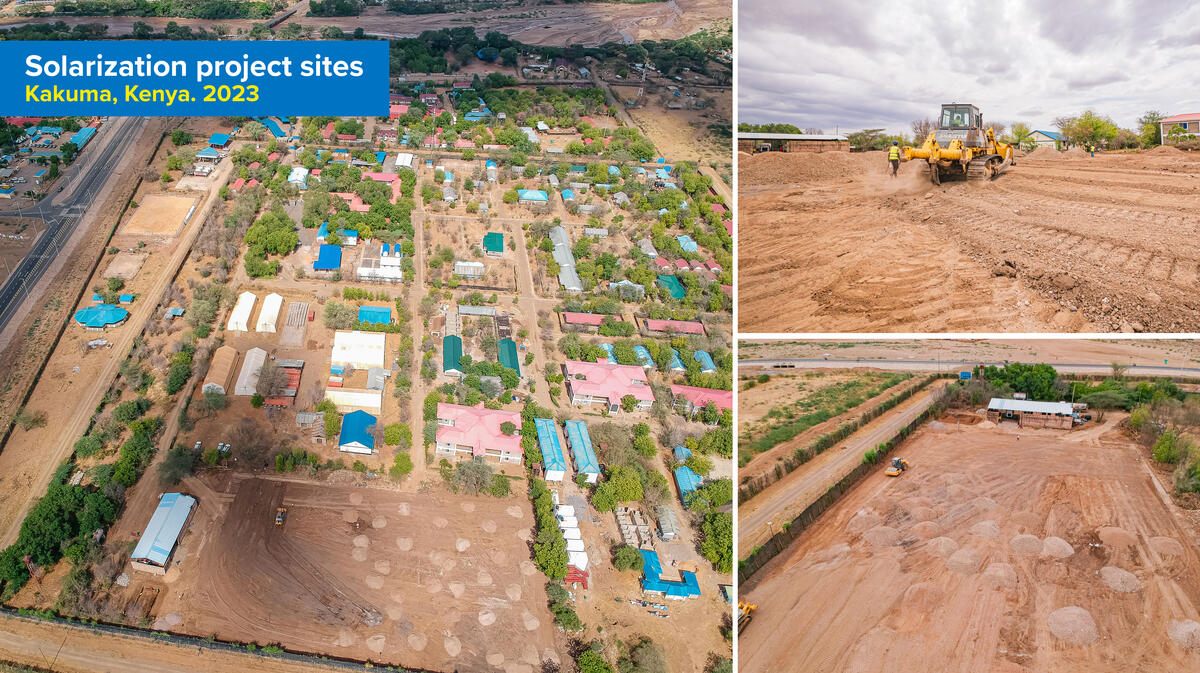
Work has started to install solar power at UNHCR's offices in Kakuma, Kenya through the Green Financing Facility.
GENEVA – UNHCR, the UN Refugee Agency, has broken ground on solar installations under long-term renewable energy agreements with the private sector at three of its office locations in Kenya and Uganda. UNHCR’s offices in Kakuma, Kenya and in Adjumani and Yumbe, Uganda serve a combined population of more than 650,000 displaced people.
This pilot project is part of the Green Financing Facility (GFF), an innovative financing initiative. Launched in 2019 with the support of the Swedish International Development Cooperation Agency (Sida), the GFF accelerates UNHCR’s transition to renewable energy across its offices globally. UNHCR has one of the largest office footprints out of all UN and humanitarian agencies, with more than 550 offices worldwide.
The GFF enabled the private sector to solarize the three sites by providing a financial guarantee against specific types of risks in fragile settings. This is the first time that this type of innovative financing has been utilized in refugee settings to provide long-term, high-quality, bespoke solar power supply.
“With these groundbreaking solar projects, UNHCR is taking an important step towards living its values of being green while fulfilling its mission of protecting people forced to flee their homes around the world, even in remote locations where power supply is a challenge,” said Hans Baritt, UNHCR’s Controller and Director of the Division of Financial and Administrative Management.
These sites are among the first UNHCR offices that will be solarized through the GFF. Additional procurements for other UNHCR offices are already underway, with the aim of reducing UNHCR’s total carbon emissions by at least 30 per cent by 2030.
“This project is the result of a multi-year collaboration between Sida and UNHCR to better understand the barriers to switching to renewable energy in humanitarian contexts and to co-develop solutions to address these longstanding challenges. The outcome of this collaboration is the design and set-up of the GFF,” said Ulf Källstig, Assistant Director General, Department for Africa, Sida.
In addition to Sida, the German Federal Ministry of Economic Cooperation and Development (BMZ) and the IKEA Foundation are also contributing to the GFF.
About the Green Financing Facility (GFF)
UNHCR’s Green Financing Facility is an innovative financing mechanism that is transitioning UNHCR’s offices globally from fossil fuels to renewable energy, particularly those in remote settings that are not connected to a reliable green grid.
The GFF uses financial guarantees to enable long-term contracts with the private sector for solarization, as well as a revolving fund to enable the same capital to solarize multiple sites over time.
UNHCR’s GFF will result in a 60 to 90 per cent reduction in carbon emissions between for most UNHCR operations and financial savings of up to 25 per cent, depending on country context and site specificities. By backing open, competitive procurements for commercially viable contracts it also creates a positive impact on market development of the solar industry in these risky and unpredictable settings.
For more information, please contact: [email protected].

